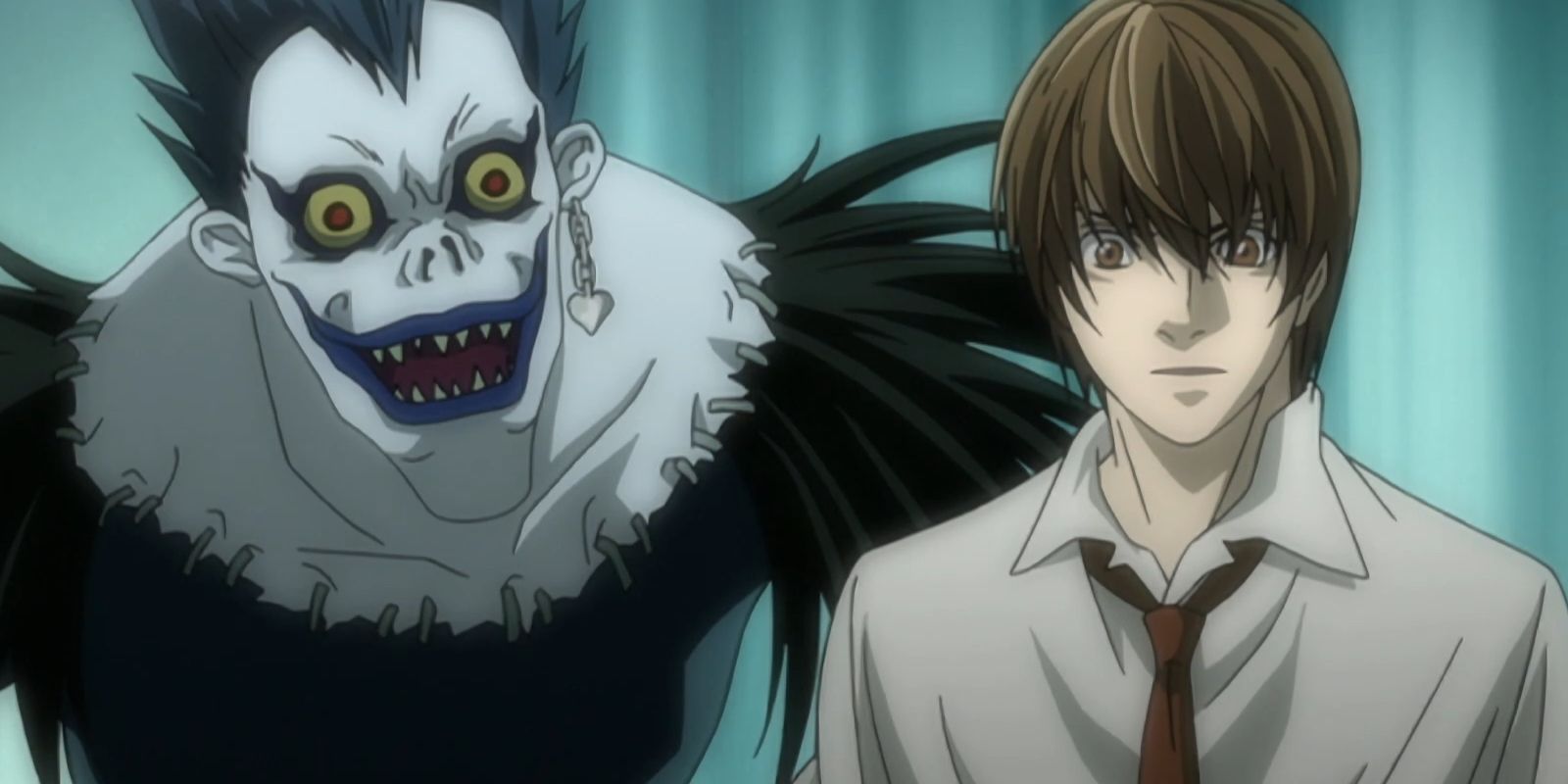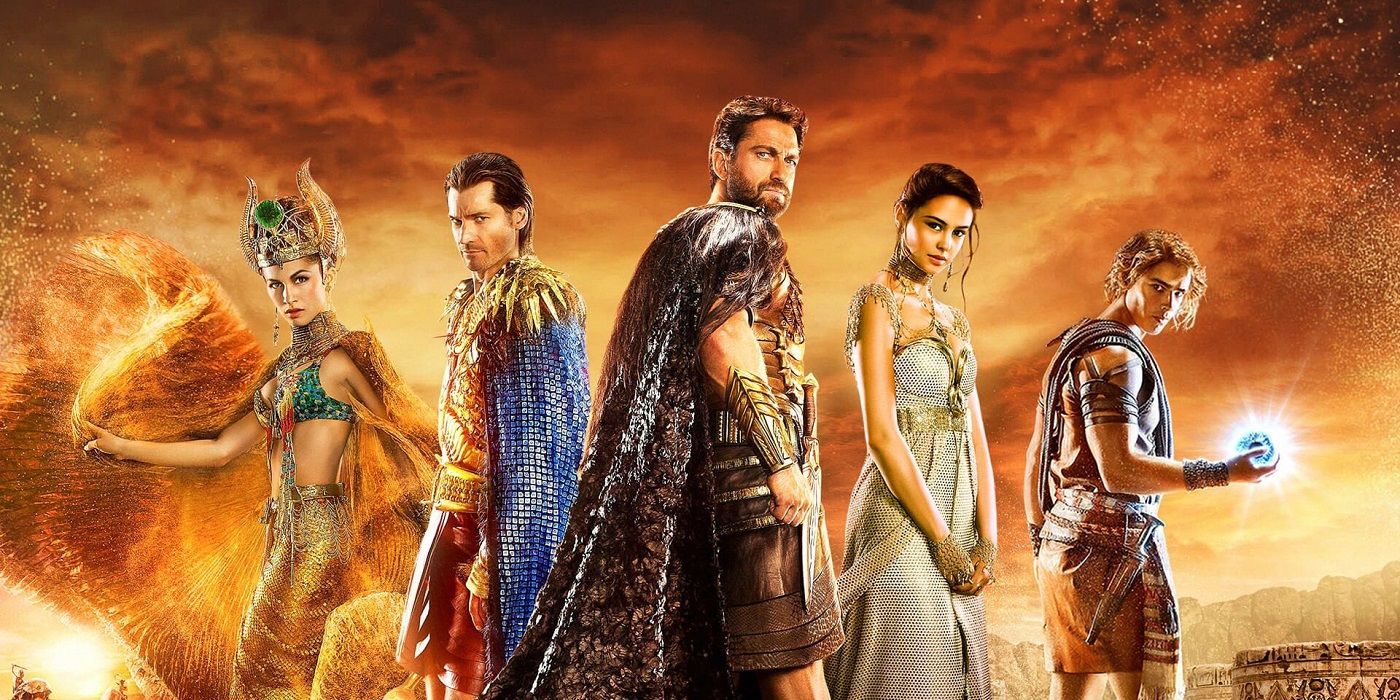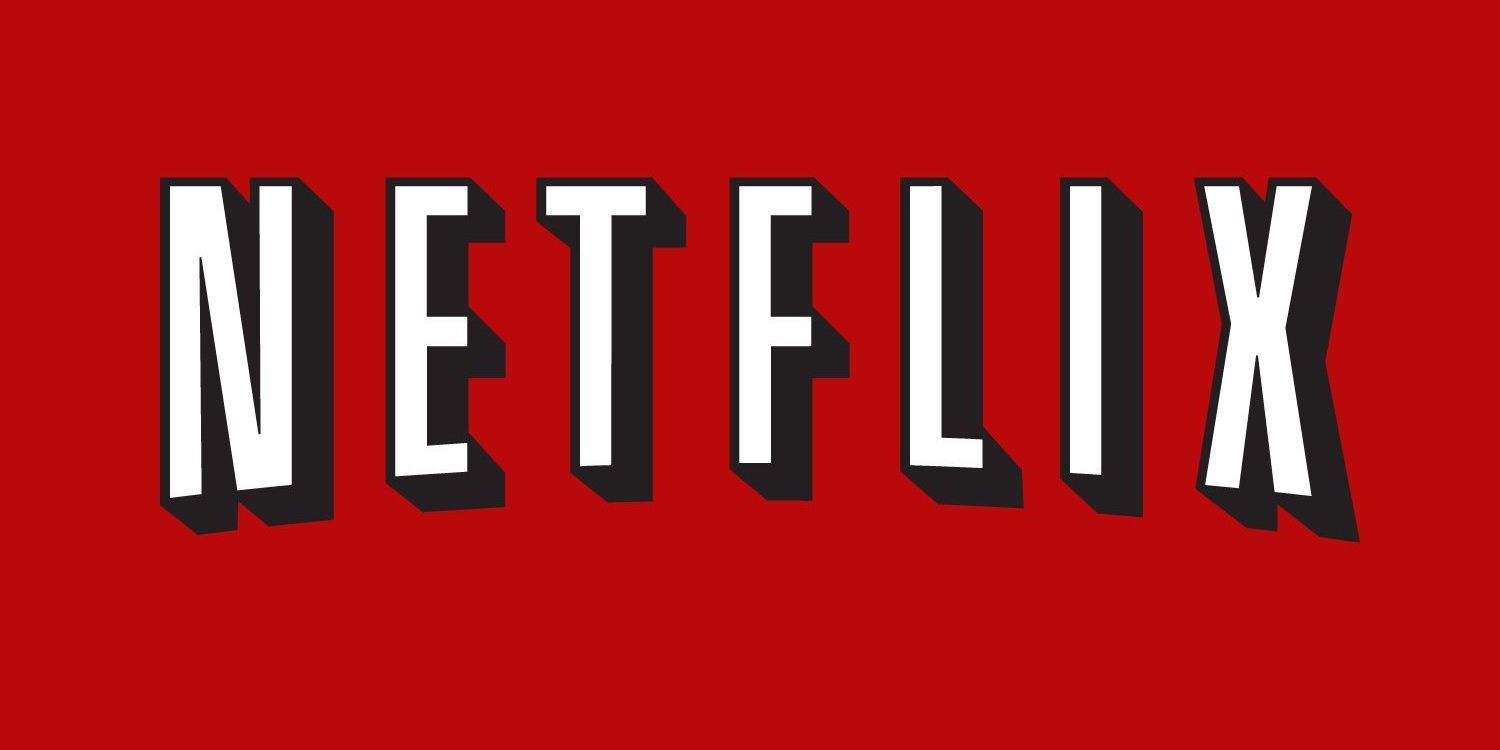Netflix's highly-anticipated adaptation of Japan's Death Note franchise is finally here, and the results are... Not pretty. While the movie has a niche group of supporters, the general consensus lands somewhere between ambivalence and outright hate. The film sits at a paltry 41 on Metacritic and many longtime fans are taking umbrage at two main flaws: the dumbing-down of the original story, and the whitewashing of the entire cast as a result of its American setting.The question is, are these two points connected? Why are movies whitewashed, and why do these movies often tend to wind up on the wrong end of the Rotten Tomatoes Tomatometer?Despite the change in setting and the racial makeup of its cast, Death Note has been berated for not actually taking advantage of its updated setting to tell a new story; there's no Americana in the film, as though the setting was changed to fit the whitewashed cast, rather than the other way around. Throw in the arbitrary scenes which actually are set in Japan, and Death Note's weak-willed efforts towards diversity reek of uninspired laziness. If that's the case, then why change the setting at all? Why whitewash when it will inevitably court the wrong kind of media attention?
The Compromise Of Adaptation
IndieWire's review of Death Note ties the movie's setting/casting and the shallowness of the end result together, making the case that:
"Whitewashing is never a purely aesthetic act; it's always an indication of a deeper rot. In this case, it pointed toward an inability or unwillingness to meaningfully engage with the source material."
As beloved as Death Note may be to its many fans, it still inhabits a relatively niche market in the United States. In Japan, where the series originated, Manga and Anime are not considered "lower" art forms the way animation and comics continue to be seen stateside. Despite the enormous success of films based on superheroes, going all the way back to 1978's Superman: The Movie, there remains a lack of cultural acceptance of the relevance of comics and animation. Remember the hubbub when Sandman #19: A Midsummer Night's Dream won the 1991 World Fantasy Award for Best Short Story? Or when Beauty and the Beast was nominated for the 1991 Academy Award for Best Picture? Debates continue to this day over the merit, or lack thereof, of "lower" art forms like animation and graphic novels.
When adapting an anime (or manga, or graphic novels), steps are taken to expand the audience from the niche market to ensure more mainstream appeal. It's a commonly accepted practice; in order to be successful, thoughtful works of art must be changed to suit the film medium and its core demographic: "general audiences."
Star Trek went from a cerebral science fiction anthology about real world issues on television to a whiz-bang adventure in the vein of Star Wars during its most recent cinematic reinvention; Transformers became minor supporting characters in their own movies because Paramount executives thought audiences would relate more to human leads; the X-Men ditched their wacky spandex of the comics in favor of more "cinematic" black leather, to say nothing of changing lead character Wolverine from a short ugly fuzzball to the living Adonis that is Hugh Jackman.
Were these the right decisions for the properties to make? They all were hugely financially successful, and more-or-less held on to the original fanbase, even when they, in some form or another, made compromises with the source material. Everything in Hollywood is about compromise. In the case of Death Note, if a movie studio wants to make an honest adaptation, bringing forward the cerebral duel of wits between Light and L while utilizing the original Japanese setting and thus keeping the characters Japanese, then it's a sad fact that significant funding will be harder to come by.
However, if this version of Death Note is intended be a big-budget event intended to appeal to American sensibilities, then the cost of grand production values means straying away from the source material: swapping the setting from Japan to America, race-lifting the entire cast, and trading the cat-and-mouse mind games into a teen horror slasher-fest where heads get cut off by ladders, a la Final Destination.
Whitewashing (Is) For Dummies
The main reason Hollywood studios whitewash movies, either by changing the race of a character or even worse casting a white actor as a person of color, is to appeal to the broadest possible demographic... Which is another way of saying the lowest common denominator.
When making Exodus: Gods and Kings, Ridley Scott put it bluntly when he said that he simply wouldn't be able to get a big budget for his Biblical epic unless he used mainly white actors. In the end, Exodus went on to get middling reviews and underwhelming box office returns. Likewise, there was a lot of hype (and a lot of skepticism) going into Ghost in the Shell when it released this past March; instead of a Japanese lead, the film cast the decidedly Anglo Scarlett Johansson as Major Motoko Kusanagi, and also significantly downplayed the existential transhumanist themes of the original Manga and Anime in favor of a potboiler detective story with little in the way of substance or payoff, which offered noting beyond shallow lipservice to the original's grandiose philosophical Cyberpunk themes.
Sensing a pattern yet? When Hollywood seeks to adapt a foreign franchise for American audiences, the first thing it does is change it to be palatable to "mass audiences," usually by way of stripping away the themes and charm that made the original special in the first place. Part of that process involves stripping away the ethnicity of the lead characters to conform to the outdated notion that America is a white country. Major Mokoto in Ghost in the Shell is made white. Light in Death Note is made white. Gods of Egypt is about... Well, the Gods of Egypt, yet casts Scottish Gerard Butler as Set, Geoffrey Rush as Ra, and Nikolaj Coster-Waldau as Horus.
The amount of money the Hollywood machine pumps into their would-be mega-blockbusters is oftentimes directly proportional to how dumb it makes said movie, always in an attempt to broaden the appeal. It is for the sake of "broadening the appeal" that audiences have been subjected the dumbing-down of big-budget movies. Hollywood decided to make PG-13 Expendables, Terminator, Robocop, and Alien vs Predator movies in an effort to broaden their appeal. Whitewashing is just another useless, unwanted tool used by tone-deaf studio executives to turn something unique into something less unique.
Is Netflix Just Another Studio?
At this point, it's sadly expected that anime adaptations will feature white leads and relegate Japanese cast members to superfluous side roles or wise old mentors, all the while touting their support for diversity in a shameless display of tokenism. Will the long-gestating live-action Akira remake succumb to this? It almost definitely will.
Netflix is supposed to be better than the typical Hollywood studio. They proudly proclaim that they aren't about ratings, they're more interested in generating discussion. There are lots of bold, innovative programs on the streaming giant which pride themselves on not adhering to the conventional standards of normal TV, such as Sense8, Master of None, and Dear White People, among so many others.
Netflix should be beyond capitulating to societal standards of what is and isn't mass-marketable. After all, that's why they embrace a subscription model; to broaden the horizons of their users, not to wedge themselves into the preconceived notions of viewers. If subscribers don't have to pay for each and every individual program they watch, then they'll be more inclined to make risky choices and take a chance on something new and different.
Whitewashing is a huge problem, but it's also a symptom of Hollywood's obsession with sucking the soul out of a foreign property when they adapt it for American audiences. Whitewashing is offensive towards people of color, that they have their ethnicity taken away before they can become important to the plot, unless they're one of the lucky few chosen token minorities.
Netflix has the opportunity to court enthusiasts of various niches, uniting all fans of the numerous disparate sub-genres under the Netflix umbrella. It's worked wonders with their shows set in the Marvel Cinematic Universe, their endless supply of stand-up comedy specials, and their wide variety of Netflix original movies. They should keep up the good work, and not try to curry favor with the type of person who doesn't care what they watch, as long as they can "just put something on." That type of person already has enough movies to watch on Netflix, and most of them star Adam Sandler.




